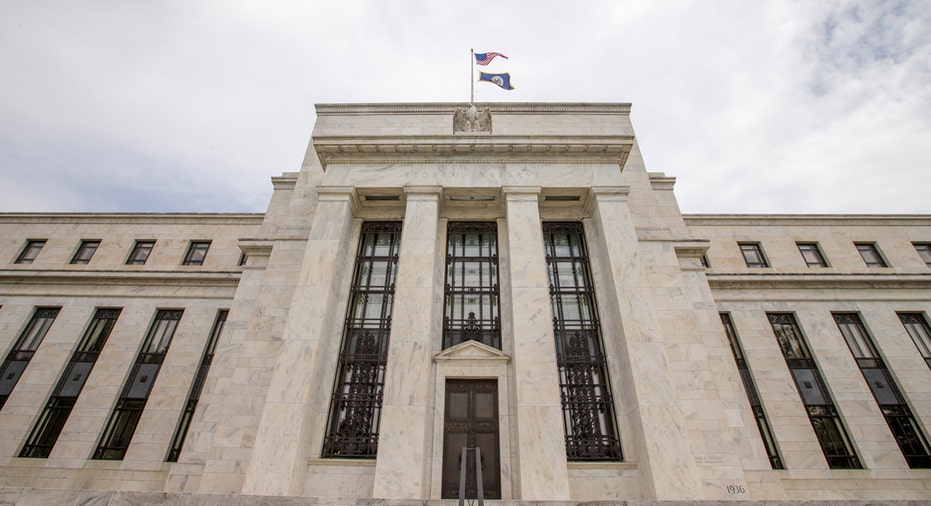FOMC Minutes: Fed Feared Early Liftoff Impact on Inflation

Federal Reserve policy makers feared a premature lifting of interest rates could add to pressures – such as falling energy prices and weak wage growth -- already keeping inflation below the Fed’s target rate, according to minutes from the central bank’s September meeting.
“Some participants,” according to the minutes released Thursday afternoon, were concerned that downward pressure on inflation could be exacerbated if short-term interest rates were raised “before before it was clear that economic growth would remain at an above-trend pace and downward pressures on inflation had abated.”
The policy setting Federal Open Markets Committee voted last month to hold off on raising rates for the first time in nearly a decade, citing uncertainty caused by concerns that overseas growth – notably in China – was slowing.
In addition, central bankers argued against a rate hike by noting that it’s easier for the Fed to use monetary policy to fight against rising inflation than to fight deflation, which they feared could occur if they raised rates too early.
“It was noted that monetary policy was better positioned to respond effectively to unanticipated upside inflation surprises than to persistent below-objective inflation, particularly when the federal funds rate was still near its effective lower bound,” the minutes state.
Wall Street rallied after the release of the minutes, shooting to a session high. Traders read the notes as evidence that a solid majority of FOMC members remains reluctant to raise borrowing costs.
“The minutes were more friendly than the Street was expecting. The market wanted the minutes to suggest that the decision to pass in September was a close call. Instead, the minutes show that the tone of the press conference fully reflected the Committees view. The key was the word prudent,” said Steven Ricchiuto, Chief Economist at Mizuho Securities.
The minutes didn’t offer any clues as to whether members of the Federal Open Markets Committee will raise rates later in 2015 or wait until next year.
“After assessing the outlook for economic activity, the labor market, and inflation and weighing the uncertainties associated with the outlook, all but one member concluded that, although the U.S. economy had strengthened and labor underutilization had diminished, economic conditions did not warrant an increase in the target range for the federal funds rate at this meeting,” the notes state.
The jobs market was cited in the minutes as one of the healthier segments of the economy, save for weak wage growth that has helped keep inflation below the Fed’s target range of 2%.
“Members agreed that labor market conditions had improved considerably since earlier in the year, with ongoing solid gains in payroll employment and the unemployment rate falling to a level quite close to their estimates of its longer-run normal rate,” the notes state.
The Fed meeting was held before the September jobs report was released last week, however. The report was disappointing to say the least, revealing that just 142,000 new jobs were created in September, well below analysts’ expectations and also well below the monthly average of 198,000 so far in 2015.
That report could serve to nullify much what Fed officials had to say about the labor market at their September meeting, in particular comments from those Fed officials who seemed inclined to raise rates before the end of the year.
Following the release of the lousy jobs report last week a chorus of voices suggested the Fed would now be compelled to hold off until well into 2016 to start raising the costs of borrowing. On the other hand, an equally vocal chorus was building suggesting that the September report was bad but not a sign that U.S. economic growth was grounding to a halt.



















